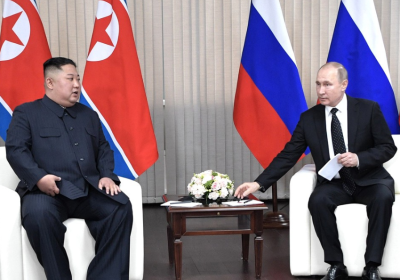
North Korean leader Kim Jong Un’s decision to send troops to fight in Russia’s war on Ukraine shocked many in South Korea and internationally. Won Youngsu looks behind this decision.

North Korean leader Kim Jong Un’s decision to send troops to fight in Russia’s war on Ukraine shocked many in South Korea and internationally. Won Youngsu looks behind this decision.

Anti-war protesters formed a human chain around the perimeter of the United States military base in Pyeongtaek, South Korea, on July 27, the 70th anniversary of the Korean War armistice, reports Peter Boyle.
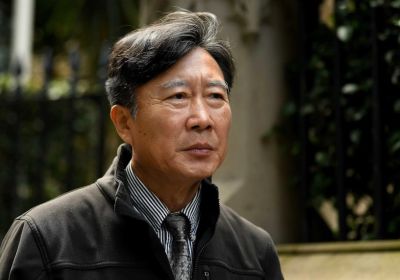
False charges of have been dropped in a political trial against a Korean-Australian citizen, reports Jim McIlroy & Michael Hatrick

This winter has been extremely cold in South Korea, with temperatures regularly reaching well below -10°C — perhaps another sign of climate change.
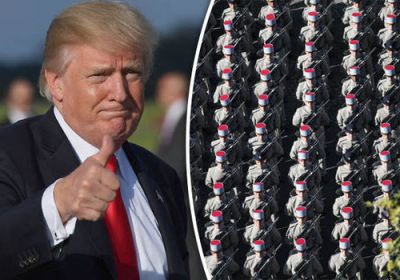
In a move that “smacks of something you see in a totalitarian country,” according to historian Douglas Brinkley, United States President Donald Trump is reportedly pushing for a huge display of his country’s military prowess.
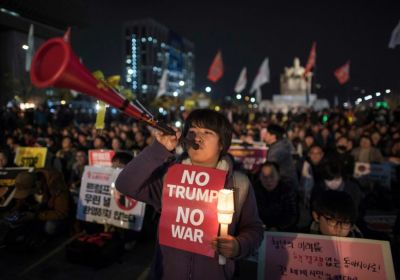
Will a verbal war between a senile dotard and a little rocket man result in an actual war? Probably not, but at the moment, the risk is unprecedented.
The reason it remains unlikely is simply because the consequences of any actions are so catastrophic. Right now, this is the only deterrent to war.
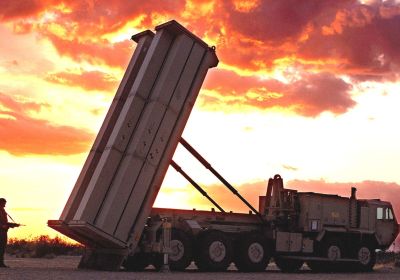
Over the past three months, the world has watched the escalating tensions between North Korea and the United States with growing alarm. North Korea has continued to develop its nuclear weapons program since first testing an intercontinental ballistic missile (ICBM) on July 4.
It is unlikely either side is planning to start a nuclear war, but the situation could escalate out of control and lead to a conflict involving nuclear weapons. This would have unthinkable humanitarian and environmental consequences.
Yet the arms companies that make such a conflict possible are benefitting from the increased threat of nuclear war, along with their investors.